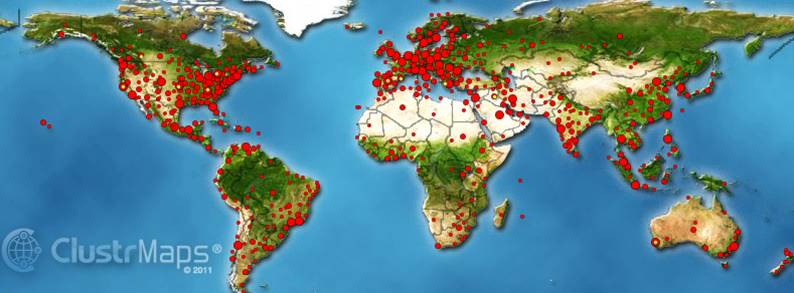UT Non-Credit SADA Training, Knoxville
Environmental Assessment Methods Using SADA, April 25-27, 2007
Registration is now open! To register, click here. Deadline for registration is April 24th.
More Info
The University of Tennessee Professional and Personal
Development Program is offering a
20 hour course on applying SADA to environmental assessment problems. This is a non-credit course
that will be offered in a computer lab at the University of Tennessee Conference Center in Knoxville,
Tennessee. The course is
taught by the developers of the software. Cost for the course is $650, the software is free.
- Fee: $650
- Apr. 25-27 (Wed-Fri) 9:00 a.m. - 4:00 p.m.
- 1.8 CEUs provided on request.
- Email for more information at sada@tiem.utk.edu
Synopsis
This class will provide basic methodology training in a variety of subjects, including spatial analysis, risk assessment, decision analysis, and sampling design. During the class, we will cover the following subjects and tie them together in a "beginning to end" decision framework:
- Initial sample designs
We will cover classic sampling designs including random, aligned and unaligned grids, targeted designs, search designs, and calculation of number of samples. These methods include both the surface and subsurface.
- Data Exploration
After initial sampling has been conducted, we continue with an overview on data quality and management, visualization, and basic statistical methods. Basic elements of GIS are covered as well.
- Spatial Modeling
We extend the data-based assessments into the realm of continuous spatial models that provide estimates and uncertainty evaluation across the entire site. We discuss deterministic methods and stochastic approaches. A basic introduction is provided to geostatistical analysis and issues of spatial uncertainty and their role in decision making are presented.
- Risk Assessment
Students are taught the basic methodology in human health and ecological risk assessments. In addition, we present how to perform risk assessments within a classical (tabular) as well as spatial context using both the data and models as the basis for exposure concentrations.
- Decision Analysis
The students are presented with a collection of decision frameworks to tie the previous methods together in a rigorous framework that can provide a defensible and transparent path to a remedial decision. Basic issues in developing remedial designs are covered.
- Secondary Sample Designs
Part of the decision process is to assess the value added of additional samples. Students will cover a set of secondary sampling designs that seek to further refine or confirm various aspects of the assessment or decision outcome.
In addition to a basic training in these areas, the class will provide references, study guides, and other resources for students to continue their education on their own after the class is complete. The SADA freeware program will serve as the vehicle for exploring and applying these methods to environmental data.
We look forward to seeing you in class!
Instructors are Robert Stewart and Fred Dolislager from The Institute for Environmental Modeling in Ecology and Evolutionary Biology at the University of Tennessee. Email them for questions at sada@tiem.utk.edu.
Links of interest:
|



